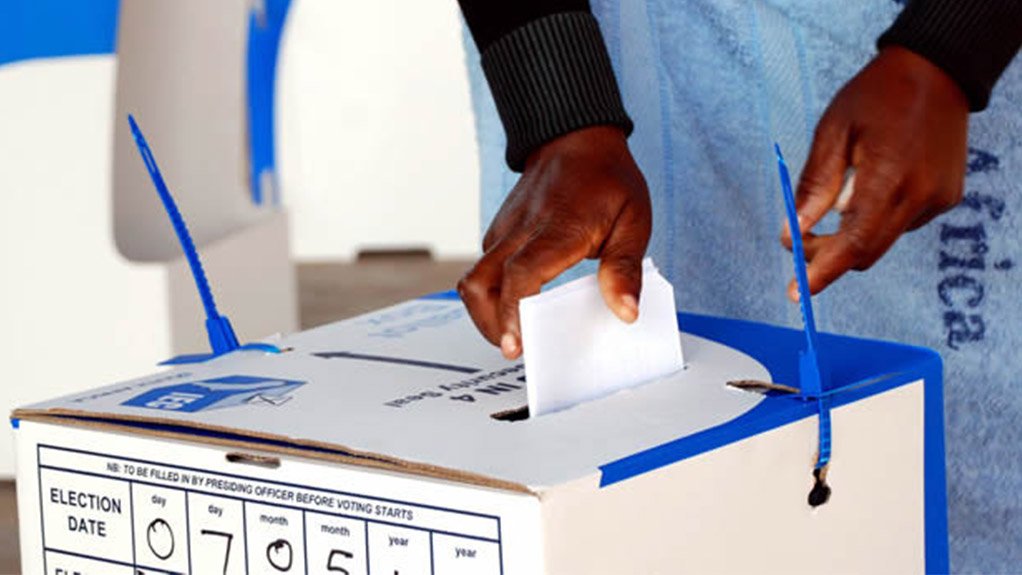The Civil Society Electoral Reform Panel (CSERP) has made a written submission to Parliament’s Electoral Reform Consultation Panel, highlighting “deficiencies and flaws with the current system that ultimately erode democracy”.
CSERP is made up of representatives from non-governmental organisations and social movements representing young and working-class people advocating for greater government accountability and transparency.
The panel wants Parliament to consider electoral reform that enhances transparency, accountability, inclusivity, and fairness.
“We recognise that we have been at this point before. If there are ways that our political system can better serve the people and our democracy, we cannot afford for this to be another wasted opportunity,” said the representatives.
CSERP said the question of how best to design the country’s electoral system had dominated the agenda in the country since its transition to democracy.
“Currently, SA still uses a closed-list proportional representation (PR) electoral system. At the time of the transition, the system was adopted in the interim due to its simplicity, inclusivity, stability and fairness. Over time, the debate on electoral reform continued in various pockets, and some changes have been made in recent years that do not directly speak to the challenges that the electoral system has posed to democracy in the past 30 years,” CSERP explained.
It noted challenges in the PR system and said the country needed an electoral system that also addressed the flaws that had eroded the quality of democracy.
“The closed-list PR system as it stands allows for political parties to choose their preferred candidates in ranked order, and while this allows for simplified ballots and incentivises party unity, it does not allow the voter influence over their choice of candidate. While it prioritises strengthening of political institutions and diversity, it limits voters' choice,” said CSERP.
Further to this, it encouraged Members of Parliament to be more “beholden to the political bosses who included them in the list as they are not directly accountable to specific constituencies that elect them”.
The group highlighted that this also encouraged political patronage within parties and undermined the principles of accountability and transparency to citizens.
In the current electoral system, CSERP noted, elected officials were not necessarily incentivised to prioritise service delivery to citizens as they were not directly elected and were not required to report back to a constituency.
“This means that the needs of the electorate are often neglected, and this has resulted in growing frustrations, a decline in trust in the State and therefore, a disengagement from democratic process such as elections. The 2024 elections saw the lowest voter turnout to date, around 59% of registered voters actually voted and this is reflective of an eroding democracy. Voting plays a significant role in the cycle of accountability,” it explained.
CSERP pointed to the recent amendments of the electoral laws, which the group said only focussed on the inclusion of independent candidates within the closed-list PR system with no major changes to the electoral system itself.
“This created a Frankenstein-like system that disadvantaged independent candidates compared to political parties and made the electoral process more complicated for voters to use and understand,” it highlighted.
Meanwhile, ActionSA had also proposed changes to the electoral system, arguing for a mixed-member proportional system and for voting to be compulsory.
ActionSA has made an official submission to the Electoral Review Consultation Panel proposing an alternative electoral model for South Africa in the hopes that it will increase voter turnout, enhance the quality of public representatives, and introduce lasting accountability.
EMAIL THIS ARTICLE SAVE THIS ARTICLE ARTICLE ENQUIRY
To subscribe email subscriptions@creamermedia.co.za or click here
To advertise email advertising@creamermedia.co.za or click here











